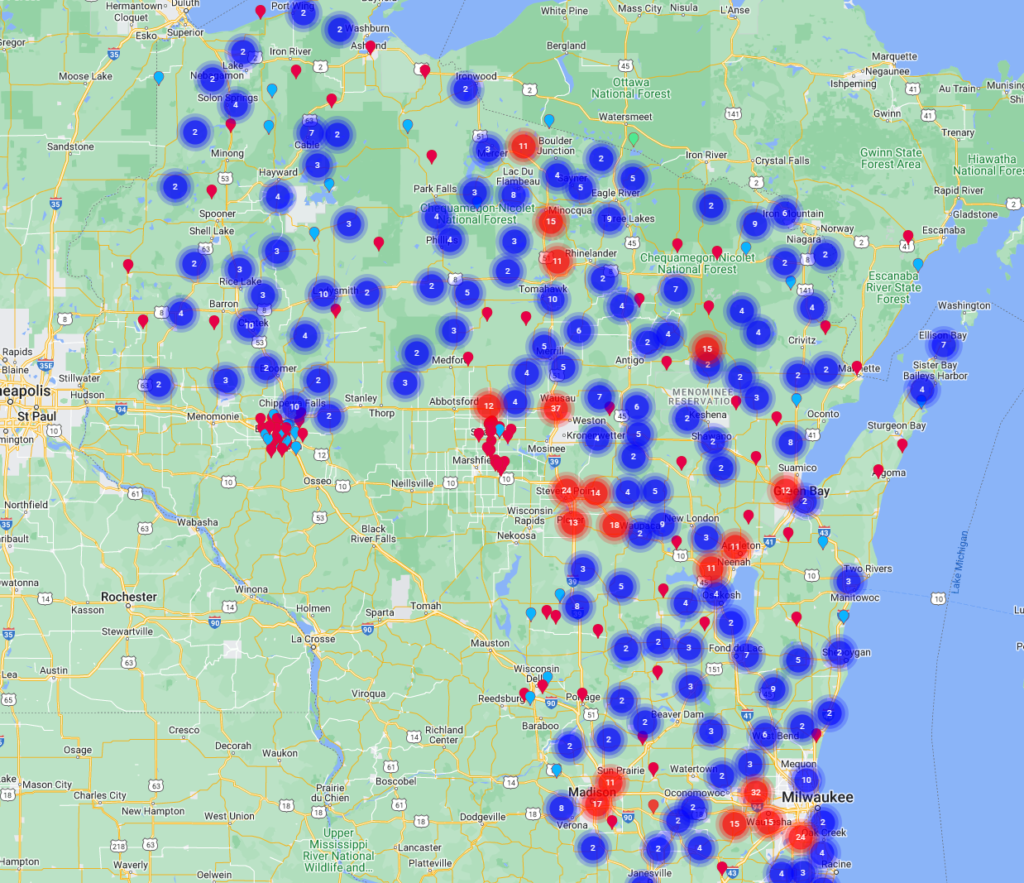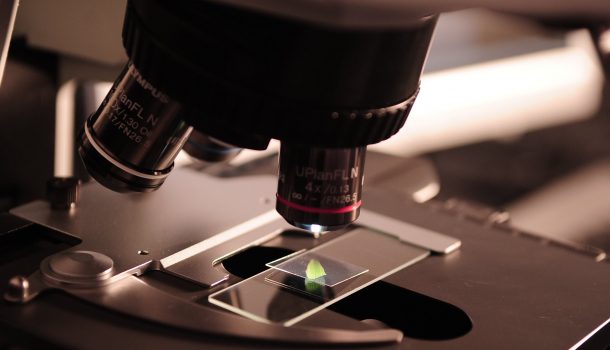As the first day of summer approaches on June 21 and summer holidays, vacations and outdoor activities hit high gear, scientists at Marshfield Clinic Research Institute are asking the public to submit ticks for the Tick Inventory via Citizen Science (TICS).
TICS was launched in April to survey the distribution of tick species in Wisconsin, including any new, invasive ticks that may be moving into Wisconsin. So far, scientists have identified more than 3,200 ticks submitted by citizens, most prominently the American dog (wood) tick and the deer (black-legged) tick.
“As researchers, the information from this study and future studies can help us improve disease prevention efforts and early detection as well as develop better diagnostic tools and treatments.”
– Jennifer Meece, Marshfield Clinic Research Institute executive director.
Researchers also have identified nine brown dog ticks, which are most frequently found in the southern U.S. and five lone star ticks, mainly found in the southern and eastern U.S.

“The presence of brown dog and lone star ticks is intriguing as it may indicate spread from their typical habitats to Wisconsin,” said Alexandra Linz, Marshfield Clinic Research Institute associate research scientist. “We are trying to determine the extent and significance of this spread and the potential health effects.”
Ticks carry pathogens that may cause diseases such as Lyme disease, anaplasmosis, and babesiosis. With new tick species becoming more prevalent in Wisconsin, the risk for potential newly introduced diseases increases. Brown dog ticks spread Rocky Mountain spotted fever and lone star ticks spread ehrlichiosis, primarily in warmer U.S settings. Possibly because of climate change, the incidence of both conditions has increased three-fold in the last two decades.
“Residents who enjoy the outdoors and physicians need to be aware of these diseases and their symptoms,” said Jennifer Meece, Marshfield Clinic Research Institute executive director. “As researchers, the information from this study and future studies can help us improve disease prevention efforts and early detection as well as develop better diagnostic tools and treatments.”
Ticks still needed, request a kit
For more information, or to request a pre-paid collection kit be sent to you, contact tics@marshfieldclinic.org or 1-715-389-7796 (extension 16462). Parks and nature centers interested in having kits available for their visitors also are encouraged to contact Marshfield Clinic Research Institute.
Once the tick, dead or alive, has been placed in the collection kit, just drop it in the mail to submit. Any tick found on people or pets is appreciated. Each kit will come with a unique identification number that people can use to look up, via an online dashboard, the species of ticks they submitted.

Prevention is key to avoid illness
The mild winter resulted in a bountiful tick population this spring, which means a greater chance of contracting a tick-borne illness. Symptoms of illnesses resulting from a tick bite can include rash, fever, joint pain, and fatigue. Contact your medical provider if you have these symptoms.
“Lyme disease is by far the most common tick-borne illness in Wisconsin. Testing is important, because early treatment is highly effective in preventing later stages of the disease from developing,” said Dr. Thomas Boyce, a pediatric infectious disease physician with Marshfield Clinic Health System. “If you remove a deer tick that is attached and engorged, a single dose of an antibiotic (doxycycline) can reduce the risk of contracting Lyme disease ten-fold (from 3% to 0.3%).”
To reduce the risk of tick bites, spray insecticide such as permethrin on clothing, sleeping bags, and tent fabric. Wear clothing that covers your skin. Finally, have someone help you check for ticks after time spent outdoors.


